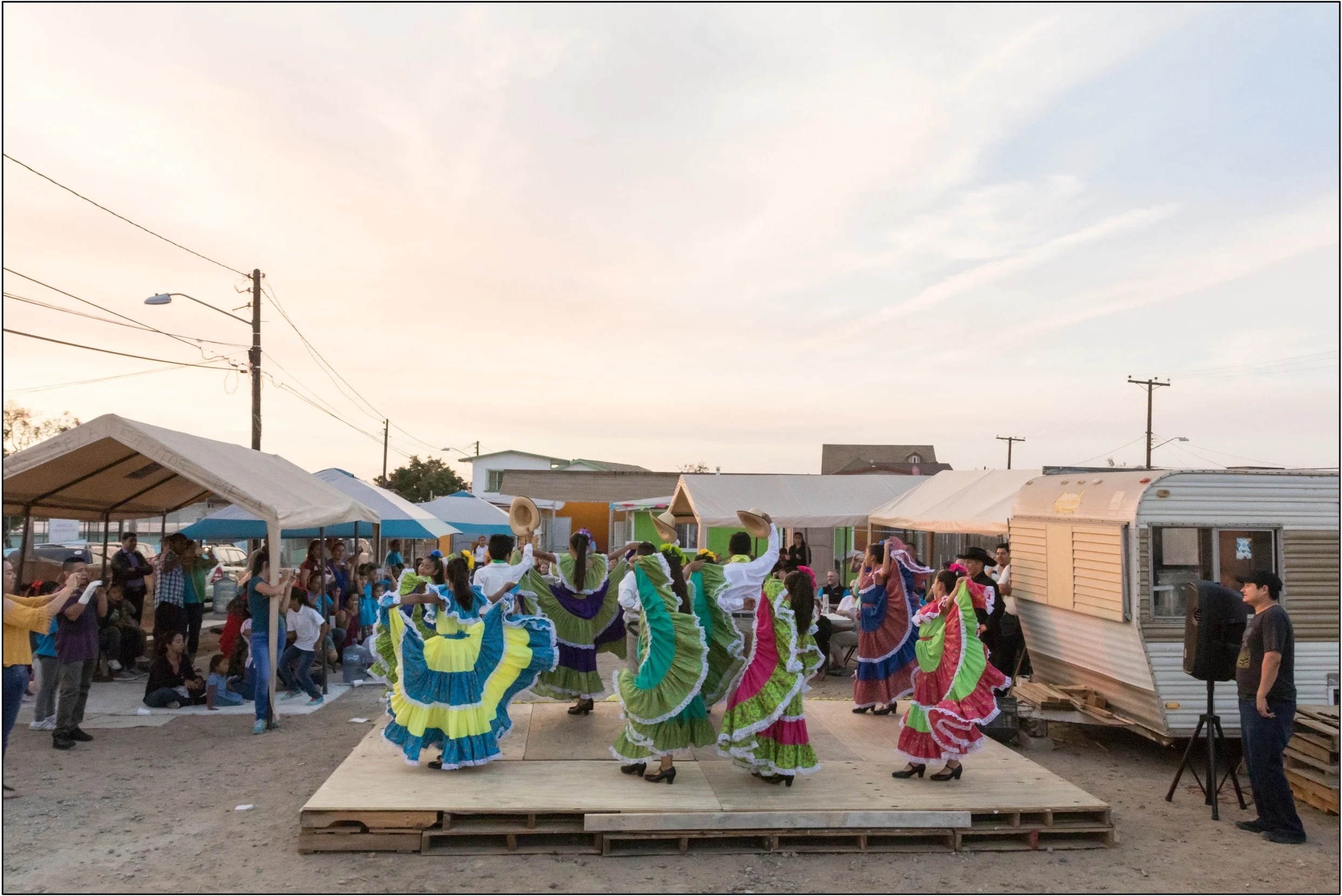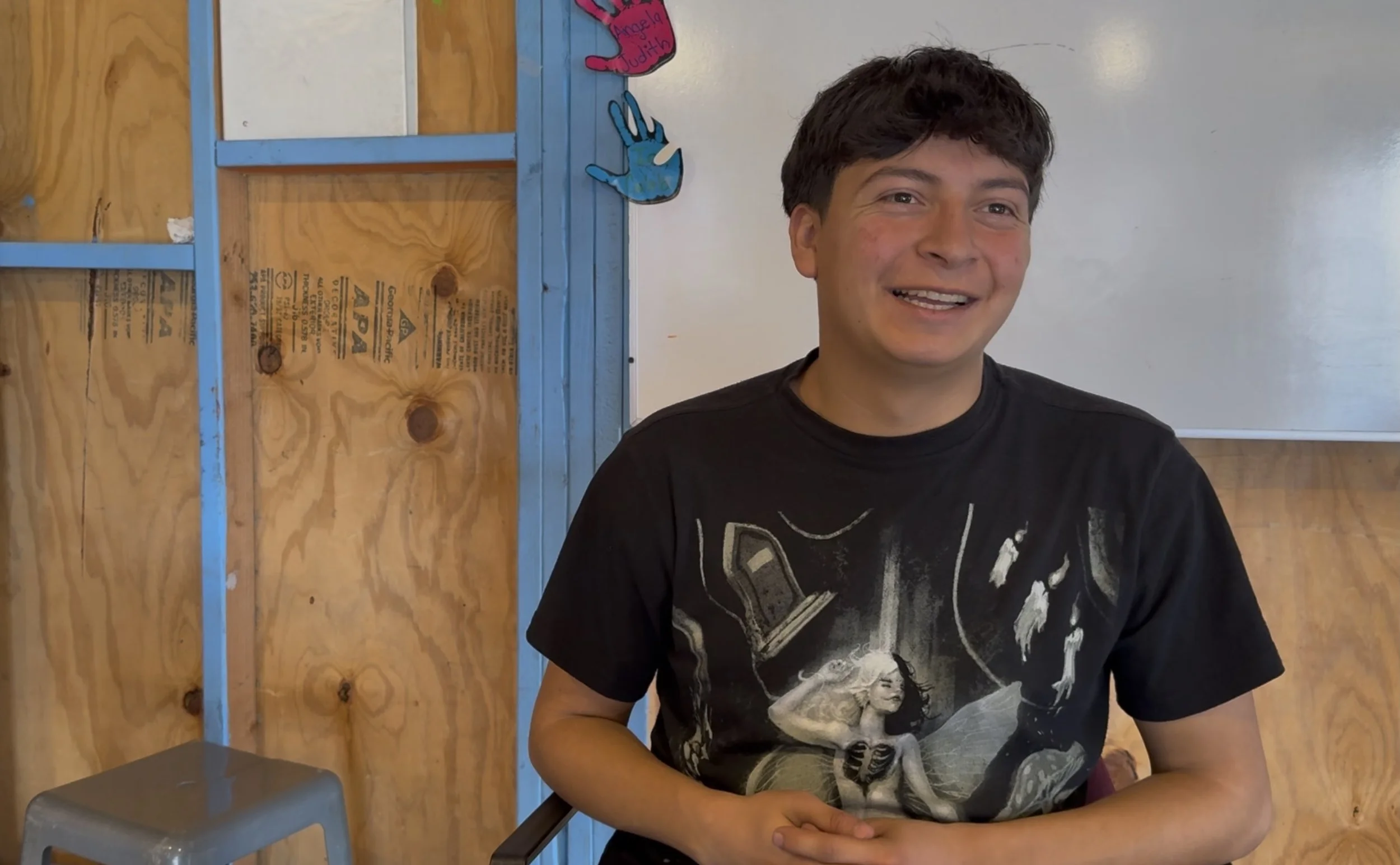Committed to Serving Tijuana, Mexico
THROUGH HOUSE BUILDING, EDUCATION, AND LONG-TERM COMMUNITY
HOUSE BUILDING
EDUCATION
COMMUNITY
GIVE
Doxa
Welcomes
BY THE NUMBERS
HOUSES BUILT
2,379
ANNUAL SCHOLARSHIPS
ANNUAL COMMUNITY EVENTS
140
135
Our Vision
A world in which relational and economic life flourishes, where people are globally compassionate and gain new life by giving theirs away.
Our Values
Glorifying God
Commitment to people communities, and places
Collaboration with local organizations
Transformation through service\Empowering young people
Discover Doxa
Doxa has been dedicated to building homes, communities, and opportunities in Tijuana, Mexico. Since 1990, volunteers and families have come together through Doxa to create safe, affordable housing and lasting impact. This video introduces who we are and the heart behind our mission.


















